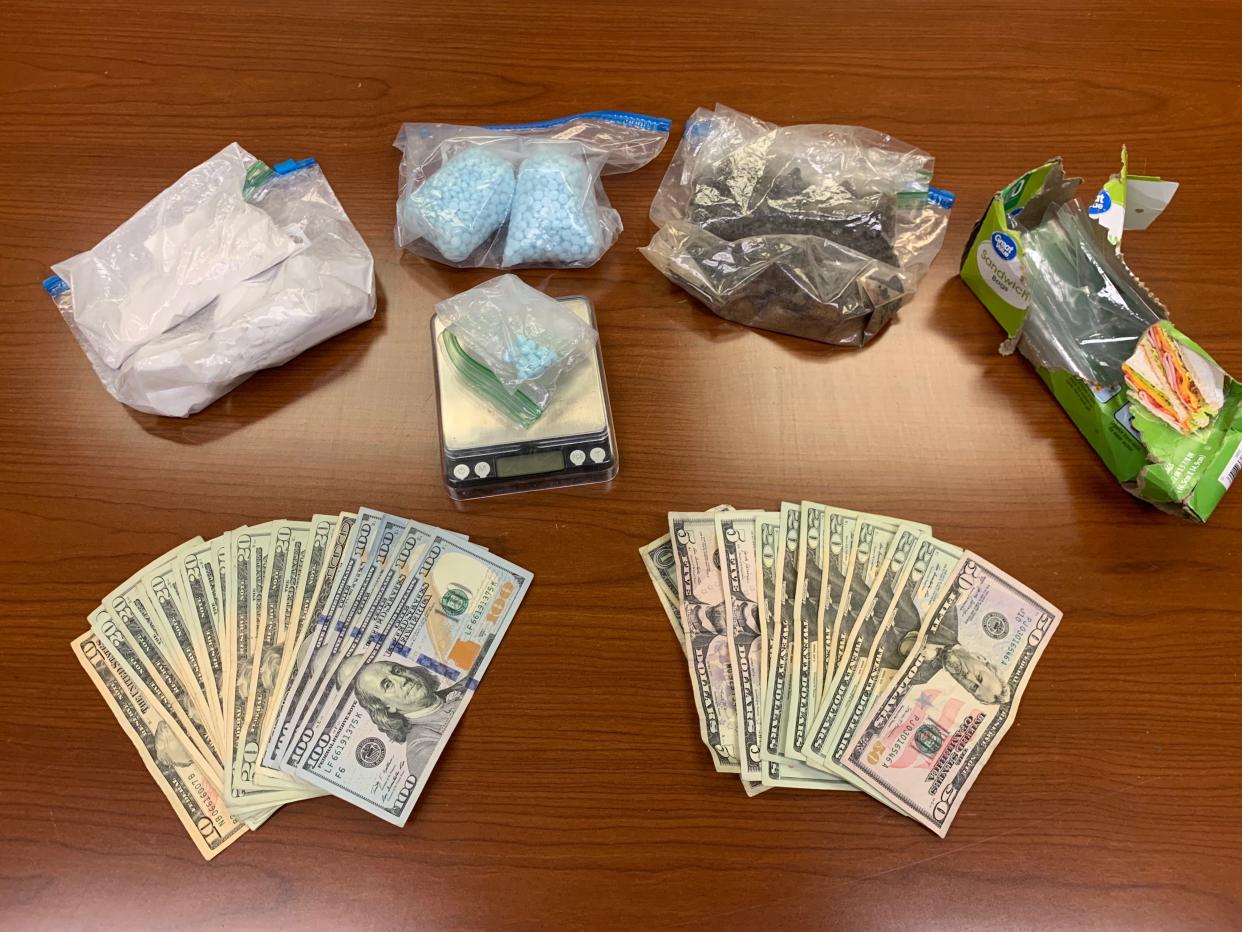Ventura County's first hospital detox program aims to help fight fentanyl epidemic

The soaring rise in fentanyl addiction across Ventura County is helping drive the start of the region’s first inpatient hospital detoxification program.
Ventura County Medical Center leaders have launched a nine-bed program designed to clear fentanyl, alcohol and other toxins out of patients at high risk of seizures, stroke or other withdrawal complications.
On Tuesday, the Ventura County Board of Supervisors approved staffing the program at an expected cost of $3.9 million over two years. The measure authorizes 16 full-time positions at the Ventura hospital, including nurses, aides and a drug treatment specialist. Hospital leaders said the program could cost another $3.6 million in indirect expenses.
They said the costs should be reimbursed through payments from private and government insurers. They project the program should at least break even if it comes close to treating the number of patients expected.
Addiction specialists said the beds are needed to start to catch up with addiction treatment needs spurred by the nationwide fentanyl epidemic.
In Ventura County, 181 people died of fentanyl overdoses last year — more than eight times the number five years earlier. In the first half of 2023, 100 people died of fentanyl overdoses, compared to 88 a year earlier, according to medical examiner's data.
“I don’t think we’re at the plateau yet,” said Dr. Tipu Khan, chief of the addiction medicine program at Ventura County Medical Center. “It’s going to be worse before it’s better.”
Read more: County tackles fentanyl deaths, discusses plans at town hall
In the detox program, doctors use medications like buprenorphine and methadone to wean people off substances and stabilize them. There is also monitoring and treatment in case of complications as well as counseling and follow-up outpatient care. The program is aimed at the most severe addictions and the average stay is expected to be about four days.
Drug and treatment centers across the county offer detoxification in outpatient programs or at residential units, but patients who need hospital-level care have had to be sent in the past to outside medical detox programs in Santa Barbara, Tarzana and elsewhere.
The new program is geared to offer care quicker and closer to home.
“We have patients who are waiting months to get into beds in these out-of-county facilities,” Khan said. "While they're waiting to go, a lot of them are dying."
The need for the program is also driven by the need for more inpatient treatment for alcoholism. Khan predicted it’s possible the patients being treated in the program could be split almost evenly between those struggling with fentanyl and alcohol.
The fentanyl surge is driven by cartels that synthesize the drug and mix it into substances like heroin, methamphetamine and pills that look like Xanax. Because it is relatively easy to make, concentrations vary dramatically and can swerve toward fatal levels.
“People essentially are playing Russian roulette every time they use fentanyl,” Khan said.
The drug is everywhere, said John Poleno, a Simi Valley drug treatment counselor and outreach director for Not One More, a Simi Valley-based nonprofit that fights opioid abuse.
“It’s like a train that you just can’t stop right now,” he said.
People who need inpatient detoxification for fentanyl, alcohol and other addictions often don’t have insurance that covers private residential facilities. Programs that accept government insurance like Medi-Cal are desperately needed, Poleno said.
Khan said the detox program could reduce the county's fentanyl deaths by helping people recover from addiction. But he also noted that the path to recovery can be complicated.
“This is a roller coaster of a disease, There are going to be a good number of people who are going to relapse,” he said, characterizing addiction as a chronic medical condition. "It's like high blood pressure or diabetes. It may never go away, but we'll be able to treat you and walk you through the disease."
It’s possible there will be more patients than the center can treat. Khan called the nine beds a starting point in a sentiment echoed by Supervisor Matt LaVere on Tuesday moments before the county board unanimously approved the staffing request for the program.
“I think there is going to be a clear need for that nine (beds) and probably for the next nine,” he said.
Tom Kisken covers health care and other news for the Ventura County Star. Reach him at tom.kisken@vcstar.com or 805-437-0255.
SUPPORT LOCAL JOURNALISM: To see more stories like this, subscribe here.
This article originally appeared on Ventura County Star: Ventura County detox program aims to fight fentanyl epidemic

